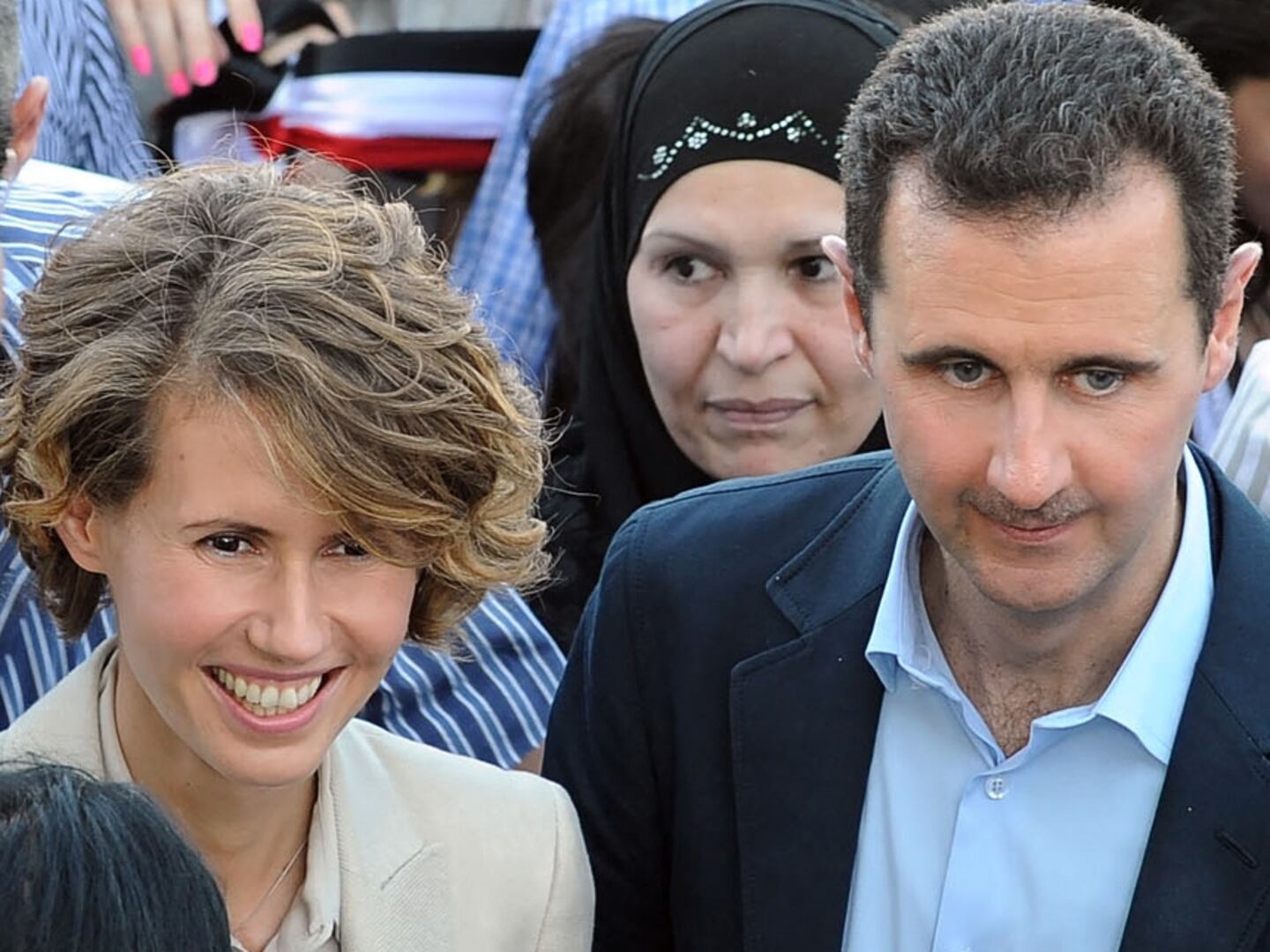Half Full
Photo Illustration by The Daily /Photo Illustration by The Daily Beast/Photos Getty
From Washington to Trump: The History of Election Day Drinks
Political Mixology
Our columnist looks back at the tradition of treating voters to booze and the connection between elections and drinking.
opinion






